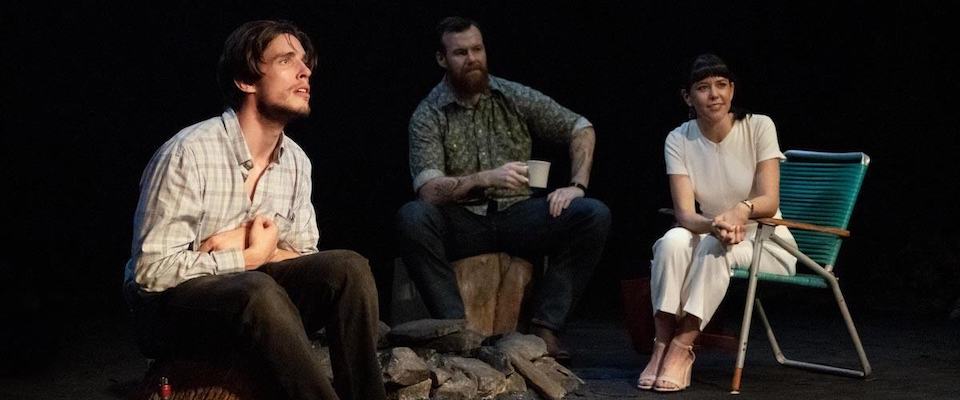Will Arbery’s play Heroes of the Fourth Turning was a finalist for the Pulitzer Prize for Drama (and oddly reminiscent of late nights with my college friends—though the protagonists hang out in a backyard, not on a roof). I reviewed it for The American Interest.
The praise for the show has frequently taken Teresa’s world-historical perspective—the show is remarkable because these people, in miniature, show us something about the important parts of the world. The ending Arbery wrote is a scaling up, favoring the whirlwind, the earthquake, the fire, rather than the still small voice in which the Lord is present to Elijah in the book of Kings.
If the show is looking for tragedy, it has a subtler and sadder moment that comes before the final conflagration. Teresa has lingered at the party with the galleys for her new book, a collection of vituperative columns, in her bag, hoping to get Gina’s blurb, and, more importantly, her blessing. By the time she pulls it out, we know she’ll be rebuffed. But she has one more thing to offer—she wants her old teacher, who instilled in her a love of George Washington, to know that she lives near where he fought the Battle of Brooklyn.
But Teresa stumbles, trying to put her love into words, and Gina brushes her off. The moment for mending is lost. But if Teresa, or any of the others, will be healed, that healing will come from small moments of redemptive joy. Without her love of her neighborhood, how will Teresa learn to love her neighbors?
